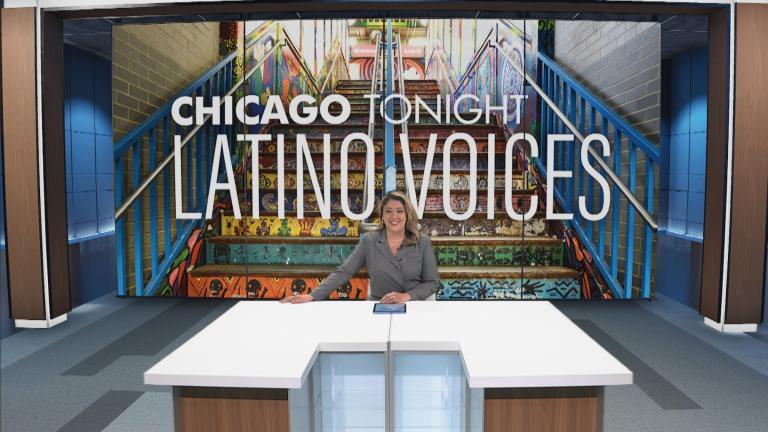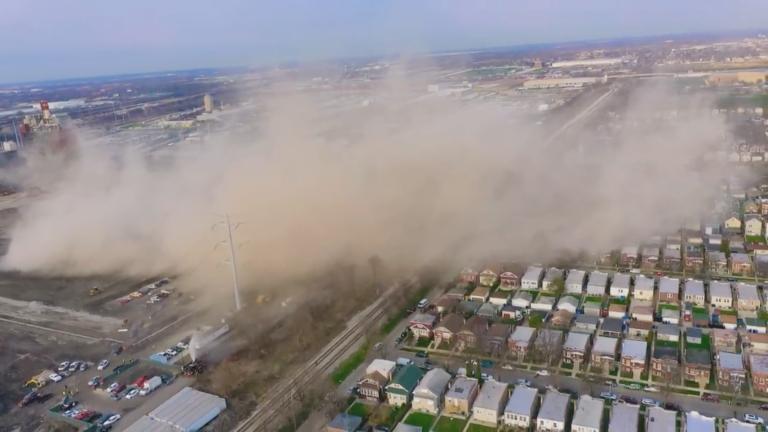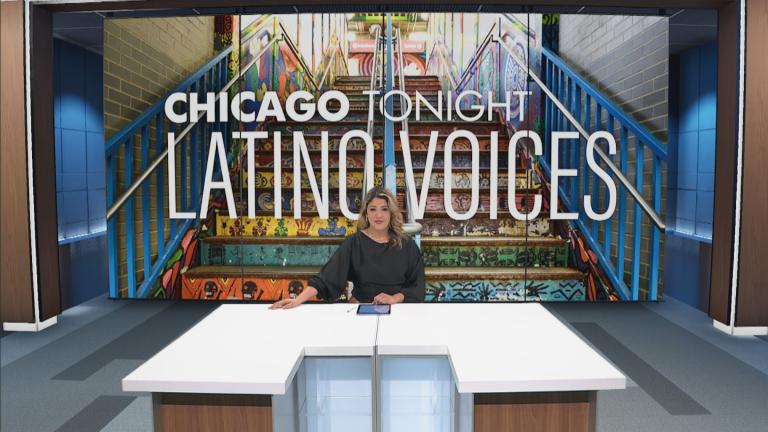The pandemic has presented mental health challenges for everyone, but for children caught in the middle of a conflict over returning to school amid a COVID-19 surge, the last couple of weeks have been especially tumultuous.
Throughout the pandemic, parents have expressed concern about the toll these uncertain times might be exacting on their children’s mental health. Among Latino families who have experienced higher infection and death rates as well as more financial insecurity, those concerns are acute.
Rosa Julia Garcia Rivera, chief program officer and clinical therapist at Gads Hill Center, says the pandemic has exacerbated an existing crisis among the children and families her organization serves.
“Our families were struggling way before the pandemic happened, and the pandemic took our families from a survival mode to a crisis mode and it’s something that we can no longer ignore as a society,” said Garcia Rivera. “We need to make investments and we need to make them now. We are at a critical place for mental health with our families, particularly amongst children.”
Many parents worry that the perceived social isolation that comes with remote learning is contributing to their children’s anxieties, but Mariana Souto-Manning, president of Erikson Institute, says those fears might be overblown.
“I think in a lot of ways children are sensing some of the anxiety that parents and teachers are experiencing,” Souto-Manning said. “A lot of their connections are more with people rather than with places. For many young children, most of their schooling has been during the pandemic, so whether it’s online or in person is not as important as if the people who are educating and supporting their development and their families are well. So it’s really important for us during this time to attend to adult well-being in mental health, so that we’re not projecting onto children so that we are not causing issues and really exacerbating some of their anxieties.”
But no matter what the underlying issue might be, Souto-Manning urges parents to seek help from therapists when their children are struggling.
“It’s really important for parents to understand that mental health development is as important and they should pay as much attention to mental health as they do to physical health,” Souto-Manning said. “In the Latino community in particular, there is a stigma related to mental health as if there was a problem of the family and of the individual. So it’s really important if children are not functioning within the everyday routines, if they are fearful, if they are anxious, if they’re having trouble going to sleep and the everyday strategies are not working, that they consult a therapist.”
In cases when there is initial reluctance in seeking help, when the benefits of clinical therapy are made clear to parents, Garcia Rivera says she’s found they respond to the idea with enthusiasm.
“Once families are informed and really educated on the importance of mental health, they’re standing room only, there is a waitlist for services they become really readily available and understand because of their own trauma,” she said.
She says that getting that help, however, isn’t always easy.
“There are tremendous barriers that we need to take a look at and really advocate for policy change. There’s … lack of insurance. There’s a huge staff shortage of bilingual clinicians who are culturally competent, especially in the communities that we serve,” Garcia Rivera said. “We need to address the staff shortage that’s happening across our nation. We need to create programs that bring opportunities for our communities to engage in mental health. We need to create certification programs that allow people within a year or two to become mental health first aiders … We need to have those partnerships with our nonprofits because they have the ear of the community and can really bring those resources.”
Souto-Manning says though the pandemic has brought so much loss to children’s lives, children have always and will always experience loss and difficulty. Thus, she suggests parents and educators can use lessons learned from the pandemic to reframe how we approach teaching kids.
“Instead of trying to fix students instead of seeing them as being ‘at risk,’ valuing … some of the things that have been gained and learned during the pandemic. The intergenerational connections of grandparents, abuela who is there at home,” she said. “How do we bring abuela into the context of learning as we return to in-person schooling? … How do I draw on the knowledge and language and practices that children bring, so that the curriculum is reflective of their experiences?”








